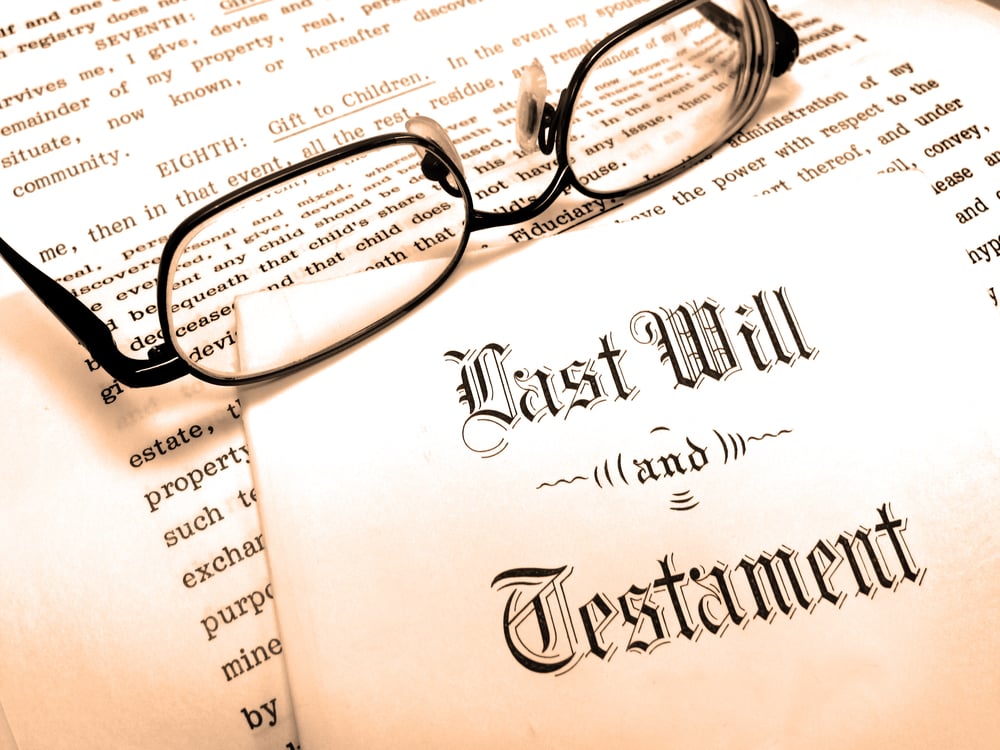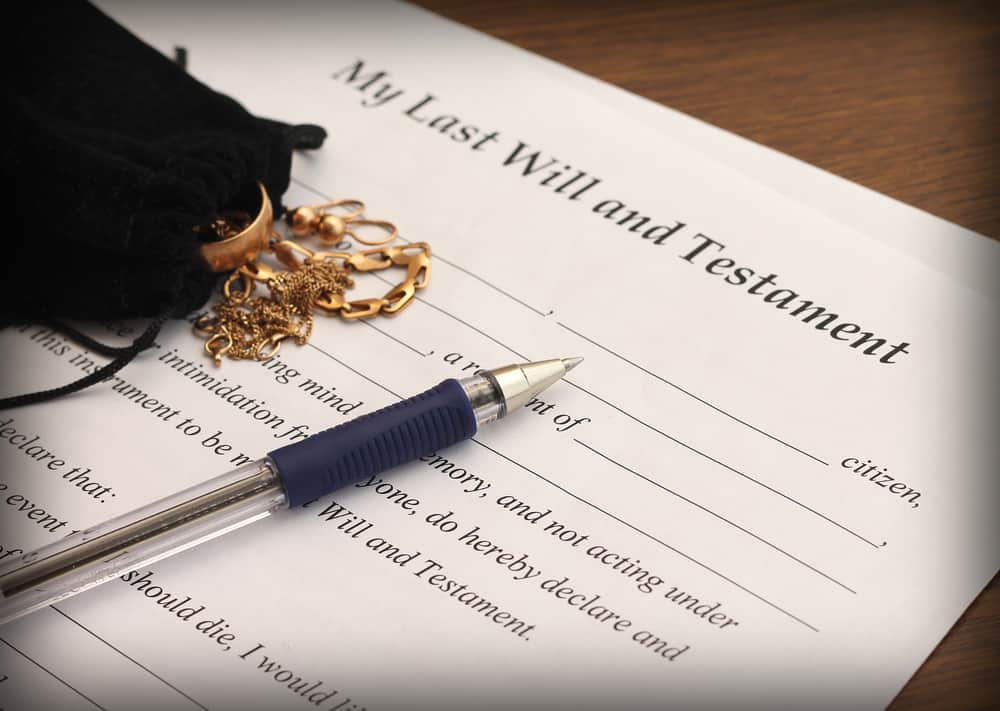How to sue for an inheritance?
Inheritance act claim isn’t just about getting your funds after somebody dies; other factors determine how much money comes into play when something happens like divorcees remarrying, which could result.
You may be thinking that legally contesting a will is an intimidating process. It can seem like you’re up against someone who has all of the power in their favor and knows what they’re doing- when really.
It just takes some knowledge about how these things work! So here’s everything non-lawyers need to know before taking this step.

How To Sue For Inheritance
If you have been denied your rightful inheritance, you may be wondering how to sue the estate.
Finding yourself designated as an Executor or Administrator (together referred to as “Personal Representative”) for a Deceased’s Estate can be frightening.
The decedent’s estate is dispersed according to the intestacy statutes of New York.
If you were denied your inheritance because of fraud or misrepresentation, you might have grounds to file a lawsuit.
For example, if you were promised an inheritance but the will was later changed to exclude you, you may be able to sue for fraud.
If you were denied your inheritance because of discrimination, you might also have grounds to file a lawsuit. For example, if you were told that you would not receive your inheritance because of your race or gender, you may be able to sue for discrimination.
Finally, if you were denied your inheritance because of mistakes made by the executor of the estate, you may have grounds to file a lawsuit.
For example, if the executor failed to properly distribute the estate’s assets, you may be able to sue for breach of fiduciary duty.
Anyone who was cared for by the deceased person before their death, including adopted children, foster children, stepchildren, family, and others.
Contesting A Will
Inheritance litigation frequently entails disputing a document that someone believes to be a will. For example, heirs might sue for their inheritance by contesting the document’s probate.
Expert/legal advice and an attorney-client relationship are essential when making a claim. Depending on the circumstances, the following step would be to gather documentation and financial information to detail the claim.
If the probate court rejects a will, New York’s intestacy laws determine who receives remembered property. Any omitted heirs can request an official share from their remaining inheritance under these circumstances.
The best way to avoid a messy inheritance situation is with an original and durable will if you want certain people in your life, such as children or other heirs (surviving spouse, Any civil partner or spouse).
Using One’s Electoral Right
When someone dies intestate or without a will to specify how their property should be distributed upon death, the spouse may have rights to inherited assets.
The spouse should make its election within six months from issuance or acceptance, but no later than two years after death.
Whether or not you’re receiving less than your spouse’s elective share of the will, they must consult with an estate litigation lawyer like us immediately to preserve and enforce these rights.
Obtaining An Estate Accounting And, If Necessary, Objecting To It
The beneficiaries of an estate should demand an accounting from the executor if they feel that they have given them less than what is owed.
Generally speaking, though not always in all cases according to the law, there will be no liability for this until after someone requests it and only after being provided with proof. These records must be updated accordingly.
If you have any objections to informal accounting, such as unfair expenses or were charged below market value for the property sold during an estate sale, request a judicial account. You will be able to make formal arguments with the court. If they agree, your position can result in surcharging – meaning someone who conducted themselves improperly could face personal liability.
Suitability For An Inheritance
You must first determine if you have the standing to contest the will to sue for inheritance. People can oppose the will in two ways:
- If the decedent died without a will, the heirs at law or distributees are entitled to inherit from the decedent.
- A previous will’s beneficiary who isn’t mentioned in the present will.
If you are not one of these classes, it is doubtful that your consent will be needed for the probate process.
Justifications For Contesting The Will
One aspect in determining how best to challenge a will is understanding the grounds for objecting. There are several possible objections, including improper execution or fraud- however, there are more than just those three options.
Proper execution of a will can be challenging, but it is easier when there are multiple grounds for objections.
One way that most people objecting to their own will use these two or more arguments includes lack of testamentary capacity and undue influence from someone else named explicitly in the document as having helped create it without being fully aware of what they were doing at times during writing-a process often known formally called “caution bathing.
Evidence To Back Up Your Claim
If you plan to contest a will drafted in New York, it’s’ important that evidence is gathered and supported by the grounds for Contesting A Wills. You can examine all attesting witnesses along with drafting an attorney under SCPA section 1404 three years before or two years after the date of the testator’s death up until the time when they die so long as this takes place within six months prior but no later than one year after their demise.
The most significant consideration when suits for inheritance rights arises out of there being some form signed off upon by both parties involved
Conclusion
If you believe you have grounds to sue for an inheritance, you should contact an experienced attorney to discuss your case. An attorney can help you determine whether or not you have a valid claim and can represent you in court if necessary.



